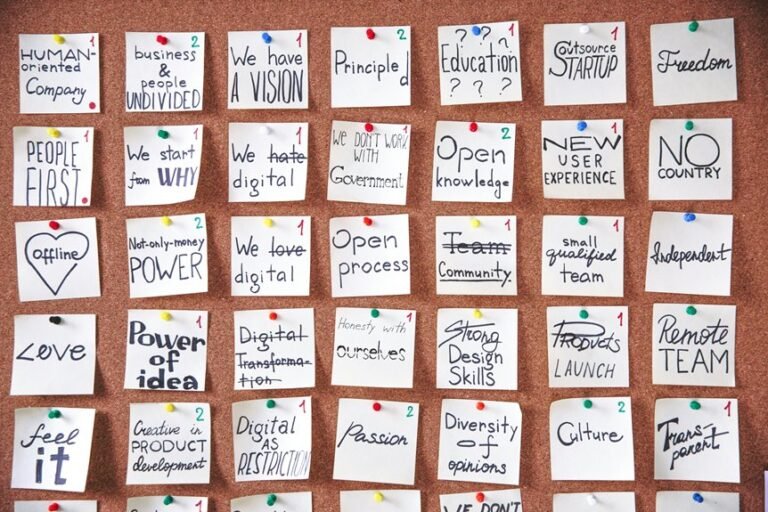Building Effective Leadership for the Digital Age 3478233720
Effective leadership in the digital age necessitates a strategic approach that integrates digital transformation, collaboration, and emotional intelligence. As organizations embrace rapid technological advancements, leaders must adapt their strategies to foster a cohesive remote work environment. The ability to leverage data for decision-making further enhances operational efficiency. However, the pivotal role of emotional intelligence in managing diverse teams remains an area ripe for exploration. What implications does this have for future leadership models?
Embracing Digital Transformation in Leadership
As organizations navigate an increasingly complex digital landscape, effective leaders recognize that embracing digital transformation is not merely a technological shift but a fundamental change in how they operate and engage with stakeholders.
A robust digital mindset fosters adaptability, while virtual leadership cultivates connections across dispersed teams.
This strategic approach empowers leaders to drive innovation and resilience, ultimately aligning organizational goals with evolving market demands.
Cultivating a Collaborative Remote Work Culture
A thriving remote work culture significantly enhances collaboration among team members, fostering innovation and productivity in a digital environment.
By prioritizing team bonding and promoting virtual engagement, organizations can create a sense of belonging and trust.
Strategic initiatives, such as regular check-ins and collaborative tools, empower employees to connect meaningfully, ultimately driving performance and reinforcing a shared vision in a decentralized workspace.
Leveraging Data for Informed Decision-Making
Effective collaboration in a remote work culture sets the stage for leveraging data-driven insights to enhance decision-making processes.
By employing data analytics and predictive modeling, leaders can interpret complex data sets, identify trends, and forecast outcomes.
This strategic approach empowers organizations to make informed choices, ultimately fostering an environment where freedom and innovation thrive, ensuring adaptability in an ever-evolving digital landscape.
Developing Emotional Intelligence for Diverse Teams
How can leaders cultivate emotional intelligence in diverse teams to foster a more inclusive workplace?
Implementing empathy training and enhancing cultural awareness are crucial strategies.
By encouraging open communication and understanding diverse perspectives, leaders can create an environment where all team members feel valued.
This approach not only strengthens interpersonal relationships but also drives innovation, ultimately leading to a more cohesive and dynamic workforce.
Conclusion
In navigating the labyrinth of the digital age, effective leadership emerges as a delicate dance of adaptation and empathy. By embracing digital transformation, fostering collaboration in virtual landscapes, harnessing the power of data, and nurturing emotional intelligence, leaders cultivate an environment ripe for innovation. As they weave these threads into the fabric of their organizations, they not only enhance operational efficiency but also create a harmonious workplace that celebrates diverse perspectives, ultimately steering their teams toward success.







